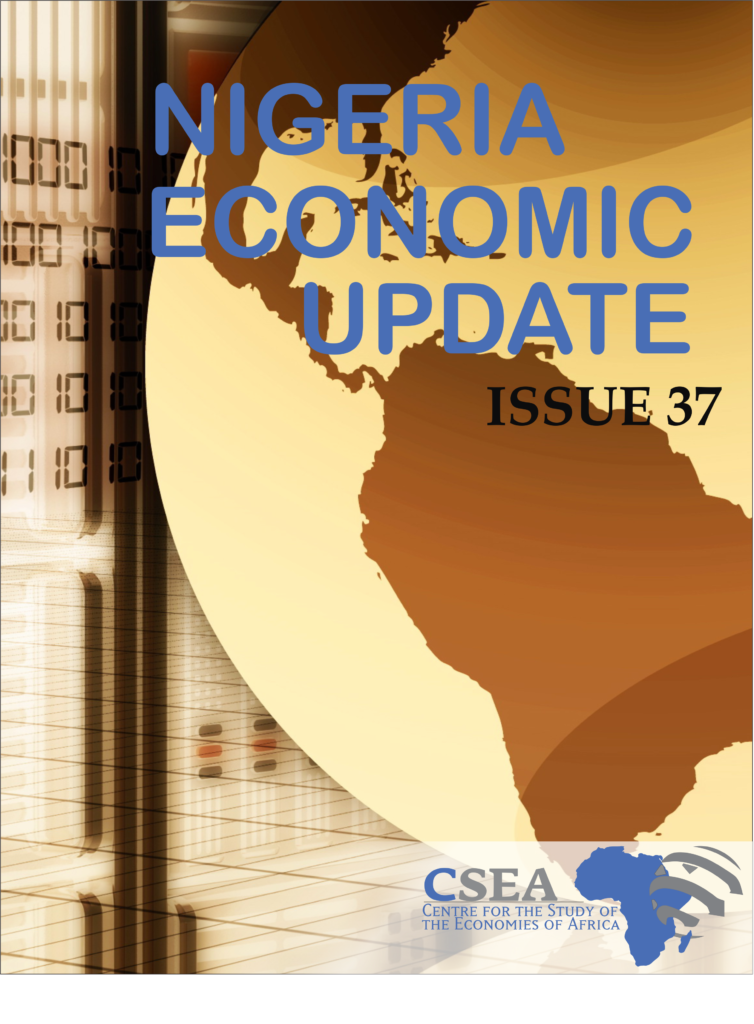The recent report by United Nations Development Programme (UNDP) shows that Nigeria’s Human Development Index (HDI) value rose very marginally from 0.530 in 2016 to 0.532 in 20171. However, overall, the ranking remained unchanged at 157th position out of 189 sample countries – putting the nation in the low human development category, and below Ghana, Kenya and a few other sub-Saharan countries. The HDI criteria which are broadly inclusive of countries’ social, political and economic diversity and indicative of the quality of life, may have shown limited progress in Nigeria due to rising population2 (currently, the population stands at 190.1 million). In the population growth and absence of the political will to address the sub-optimal HDI, signalled by the historic low budget share allocated to the education and health sectors, significant improvements in the HDI is not foreseeable in the near future.
Macroeconomic Report & Economic Updates

September 24, 2018
Nigeria Economic Update (Issue 37)
The recent report by United Nations Development Programme (UNDP) shows that Nigeria’s Human Development Index (HDI) value rose very marginally from 0.530 in 2016 to 0.532 in 20171. However, overall, the ranking remained unchanged at 157th position out of 189 sample countries – putting the nation in the low human development category, and below Ghana, […]
Read →
Related
Trade And Foreign Direct Investment Nexus In West Africa: Does Export Category Matter?
This paper examines the effect of inward FDI in
West Africa on exports to EU countries. It investigates from a host country
perspective, the impact of FDI on different export categories: primary,
intermediate, and final goods.
Balance Of Trade (Export And Import)
Balance of Trade (Export and Import): With export and, to lesser extent, import declining balance of trade fell deeply in 2015 and, to lesser extent, in 2016Q1.
Nigeria Economic Update (Issue 37)
Recent
data by the CBN shows a decline in manufacturing capacity utilization by 2.0
percentage points to 50.7 percent in 2016Q2. Foreign exchange
challenges in addition to cash squeeze in the review quarter, led to the
decline in capacity utilization. This has hindered activities in the sector
while impacting negatively on business confidence. Nonetheless, the CBN
recently directed authorized FX dealers to dedicate 60 percent of FX purchases
to manufacturers. This policy measure is therefore expected to meet
the sectors critical FX need for the purchase of imported raw material and
other machineries, while boosting the potential for economic growth in the long
term.
